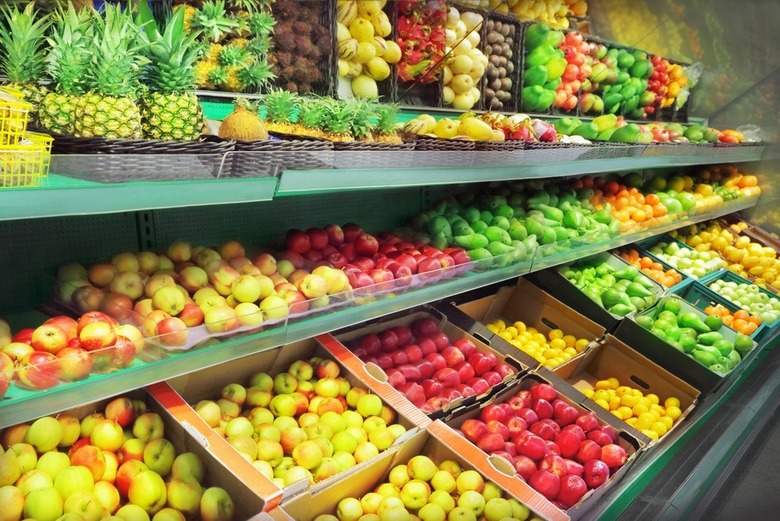In Global First, All French Supermarkets Are Now Legally Required To Donate Unsold Food To Charities
All supermarkets in France will now be legally required to donate unsold food to charities rather than throw it away or speed up its spoiling process, thanks to an anti-waste bill that has been signed into law after French parliament voted unanimously on the legislation last year.
France is the first country in the world to enact the ban.
The law, introduced by Paris councilor Arash Derambarsh, will apply to any supermarket that is 400 square meters or larger (approximately 4,305 square feet) and requires such markets to sign donation agreements with charities or food banks. Supermarket presidents that do not comply with the law will face fines of up to €75,000 (approximately $83,550 USD) or two years' imprisonment.
Jacques Bailet, head of Banques Alimentaires, a network of French food banks, told the Guardian that the new law would considerably improve the quality of food that is currently available to charities and food banks.
"Most importantly, because supermarkets will be obliged to sign a donation deal with charities, we'll be able to increase the quality and diversity of food we get and distribute," Bailet said. "In terms of nutritional balance, we currently have a deficit of meat and a lack of fruit and vegetables. This will hopefully allow us to push for those products."
Derambarsh, who has been critical to the country's adoption of the food waste ban, now has his sights on expanding the donation requirement across Europe.
"The next step is to ask the president, François Hollande, to put pressure on [European Commission President] Jean-Claude Juncker and to extend this law to the whole of the EU," said Derambarsh. "This battle is only just beginning. We now have to fight food waste in restaurants, bakeries, school canteens and company canteens."
